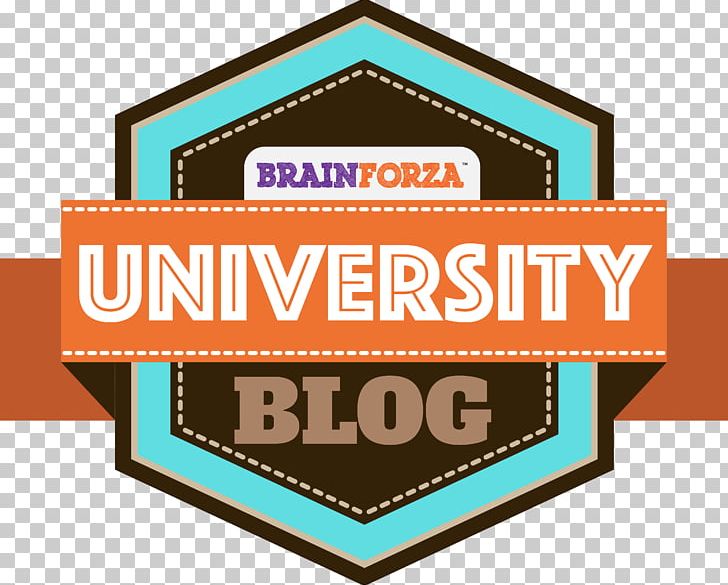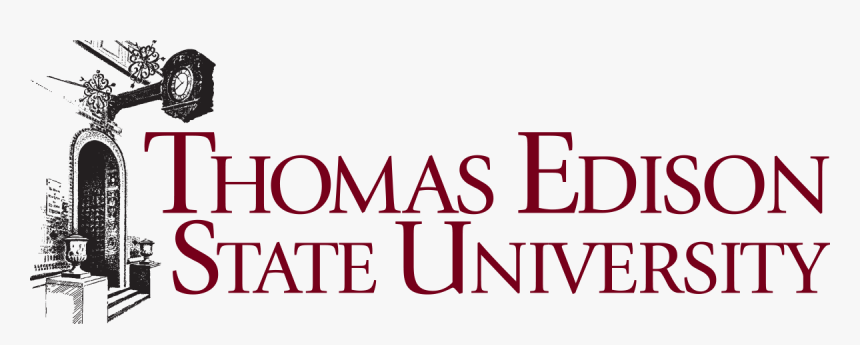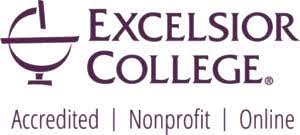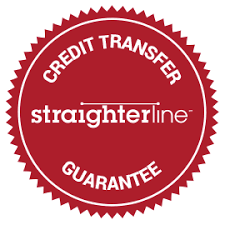
- How to get college credit quickly, consider your job and life experience.
- Transfer credits, take sped-up courses, and use previous learning assessments to graduate early.
- AP Exam solutions offer students the opportunity to earn college credit and save time.
- Taking sped-up courses gives students to take more classes and graduate early.
Students can take the traditional route of getting a degree or bypass the system and learn how to earn college credit quickly. Many top colleges and programs support prior learning credits — one of the quickest ways to get college credit — such as credits based on work experience, military training, community service, and independent service. Many exams also allow students to receive credits and tests from the classes.
Use this information to learn about getting and transferring college credits to graduate earlier than the average student.
 1. AP Exams
1. AP Exams
Price: $94
Favor for: High school students registered in AP classes.
Enrolling in AP courses in high school not only shows well on an academic transcript, but colleges may also offer credit or advanced placement to students who accomplish well on AP tests. High school students can get college credit by taking the AP exams administered a specific date by the College Board.
Receiving a passing score on an AP exam shows a student familiar with the subject covered in the matching AP course. Students can choose from 38 AP tests, including exams covering art history, biology, calculus, chemistry, English language and composition, music theory, and psychology.
High school AP administrators advise students to register for the exams through the College Board. Students can prepare for AP tests with the assistance of tutors, AP teachers, and the AP Classroom, which features study resources such as videos and progress audits. Passing exam scores range from 3 to 5, depending on the college.
 2. Accelerated Online College Classes
2. Accelerated Online College Classes
Price: Varies
Favor for working students or students with family responsibility; any college student might advance from sped-up courses.
Colleges typically offer 14 to 15-week courses divided up into winter and summer sessions. This plan allows students to take 4-6 courses every semester. Accelerated college classes — often offered for online degrees — may only last 5-10 weeks. Getting a solid college course means students can finish more classes in the academic year. Not all majors offer sped-up subjects, and not all colleges provide these courses.
Students can enroll for sped-up courses through their college in the common way they would register for traditional classes. Accelerated courses may begin after the valid semester start date, which could change state and federal financial aid qualifications. Students could be ineligible for full-time aid or have their awards delayed if they take sped-up courses.
![]() 3. CLEP Exams
3. CLEP Exams
Price: $89 (plus the test center registration fee)
Favor for: Any high school or college student curious to get credit by taking College-Level Examination Program (CLEP) exams.
CLEP exams benefit students with college credit by determining their knowledge of chosen subjects. The College Board offers 34 exams on topics such as American government, business law, chemistry, psychology, sociology, and Spanish. This credit-by-examination program admits students to have three or more credits at over 2,900 schools across the country. Military personnel can take CLEP exams at no cost and access free prep books.
Test-takers can select from over 2,000 test centers. Exams test participants on contents covered in an introductory college-level course. Each exam asks 60 to 100 questions over about 90 minutes. The College Board offers study guides and tests prep material to aid students’ practice for CLEP exams. Enrolling the exam remotely by the proctor requires test-takers to be at least 13 years old.
![]() 4. DSST Exams
4. DSST Exams
Price: $100 (plus administrative fees at the testing site)
Favor for: Undergraduate and graduate students, including veterans and active-duty military personnel.
Once only available to military personnel and their families, DANTES Subject Standardized Tests (DSST) now provide every college student the chance to earn credit. College campuses, as well as military bases, offer allowed DSST testing centers. However, not every school accepts DSST results. Policies about prior learning credits vary by institution.
Test Center Prometric, which administers these multiple-choice exams, also offers a remote proctoring service. Students complete the paper-based or online exam, choosing from over 30 subjects. Exam subjects include ethics in America, astronomy, criminal justice, general anthropology, lifespan developmental psychology, and technical writing. Each exam offers to 2.5 college credits.
 5. TECEP Exams
5. TECEP Exams
Price: $50-$75
Favor for: College students enrolled at any institution.
Registered by Thomas Edison State University, Thomas Edison Credit-by-Examination Program (TECEP) exams proposal students at any school the outlook to get credit for their job experience, volunteer work, or independent studies. Individuals can select from 43 exams on content such as English composition, public speaking, news reporting, abnormal psychology, the science of nutrition, and operations management.
TECEP overtures open resources to aid students’ study for these mostly multiple-choice exams. A credit/no credit scale based on a minimum score. TECEP grades do not change a student’s GPA.
 6. Work and Life Experience
6. Work and Life Experience
Price: Varies
Favor for: Older, more experienced students with mixed backgrounds.
Students can influence their life and work experience to gain college credit. Schools may recognize corporate training, volunteer service, military experience, and professional credentials.
The number of credits a school bids and the procedure used to confirm qualification rely upon on the institution. Many schools also have a limit for each student or degree program. Applicants may submit documentation to prove their prior learning, or to take an exam.
 Certificates and Licenses
Certificates and Licenses
As well as providing career advancement opportunities, certificates and licenses can also margin college credit. Professionals and students frequently get certifications from professional organizations and licenses from state agencies. In contrast, students earn certificates from vocational schools, junior colleges, and universities.
Common licenses and certificates used to get college credit include nursing and information technology credentials. Students must submit copies of their licenses or certificates to get credit.
 Military Experience
Military Experience
Veterans and active-duty military in the Army, Navy, Marines, or Coast Guard can benefit from their training and experience in the service to certify for college credit. The American Council on Education evaluates a service member’s military records to conclude eligibility. They record that information on the Joint Services Transcript (JST), which academic institutions used to decide eligibility for college credits.
Each school has diverse policies for offering credit for military training, with some military-friendly colleges offering more benefits to service members and their families. Over 2,300 schools accept credits based on the JST.
 Volunteer Work
Volunteer Work
Internships and volunteer hours can support professional training and networking time. They can also show college credit. Students can find local and international events with nonprofits and community-based institutions. Schools may accept volunteer work done before admission or furnish opportunities during college. Academic advisors work with students to find common internships and volunteer work. Students can sometimes earn stipends for volunteer opportunities.
 7. Excelsior College Exams
7. Excelsior College Exams
Price: Varies
Favor for: Any college student willing to test to qualify for credit.
The Excelsior College Exams once named the Regent College Exams, let students individually study a subject and evaluate the outcomes. Prior to the test, contestants receive free exam content mentors with information about what to think and where to approach study materials.
Credit principles, test layout, and prices vary by exam. Students can earn 3-6 credits per exam. Nursing exams offer the most credit. Registration information is available online.
Exam contents include adult nursing, anatomy, business law, calculus, labor relations, managerial accounting, and workplace connection with computers. Live proctoring grants students to take the exam remotely. Test-takers can also test in person at a Pearson VUE test center.
 8. GRE Subject Tests
8. GRE Subject Tests
Price: $150
Favor for: Graduate students will need to take an exam as part of the admissions process or to apply for scholarships.
The Graduate Record Examinations (GRE) Subject Tests evaluate a student’s understanding of chemistry, mathematics, physics, or psychology. Exams take about two hours and 50 minutes to complete.
Test-takers can enroll for GRE Subject Tests online or by mail. Test centers overture paper tests in specific months. Exams scores fall on a 200-990 scale. Applicants have entry to a free practice book.
 09. University Course Exams
09. University Course Exams
Price: $100-$200
Favor for: Every student at the taking part institution.
Students can credit by examination of classes by passing University Course Exams, which some universities offer. The exams target on particular contents, such as arts and humanities, communications, computer science, education, exercise science, wellness, health sciences, justice studies, legal studies, mathematics, sciences, and social work. Students receive a pass or fail grades. Test takers who fail the exam can repeat after waiting for a while and pay another registration fee. Students apply directly through their college or university.
 10. American Council on Education (StraighterLine)
10. American Council on Education (StraighterLine)
Price: $59
Favor for: Any Student and working professional.
The American Council On Education’s College Credit Recommendation Service (ACE CREDIT) has evaluated and recommended college credit for StraighterLine courses. The company itself is not accredited but has over 150 partnerships with accredited colleges and universities that welcome its courses for credit. StraighterLine is a U.S. education company that offers online higher education courses at a cheap price, similar to the general courses required for a bachelor’s degree.
The company has a strategic partnership with the Educational Testing Service with over 60 online college courses and the makers of the College Learning Assessment, as part of a plan to expand to validated test offerings from leading educational organizations.